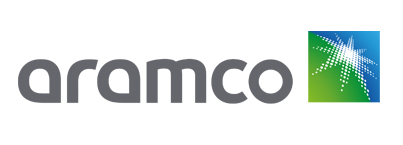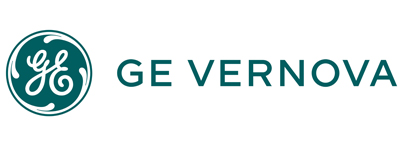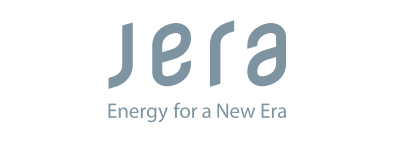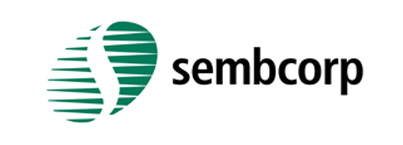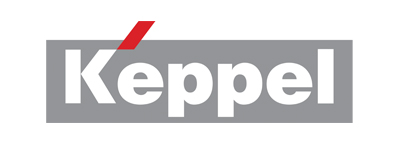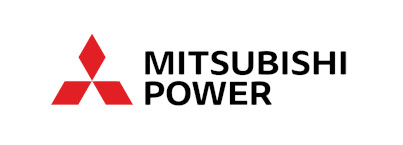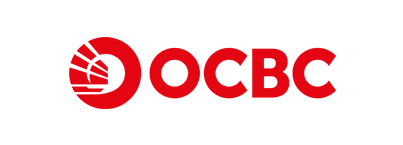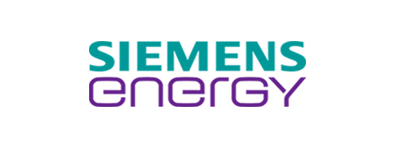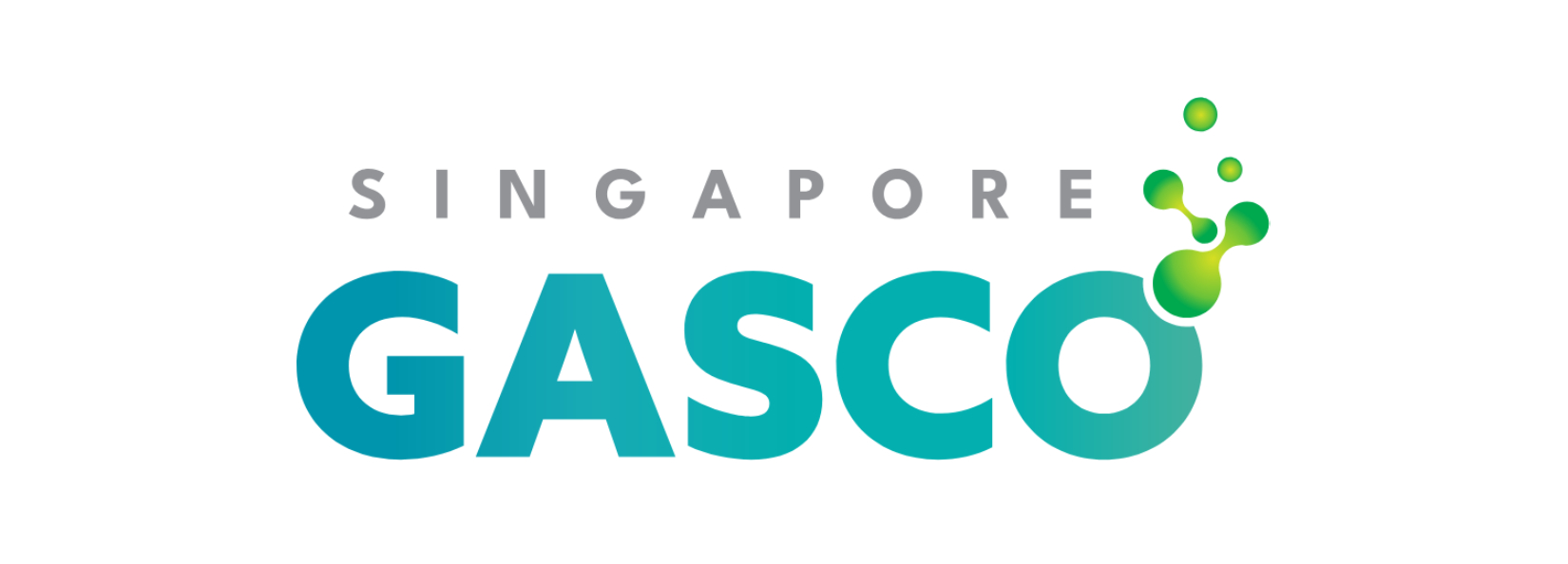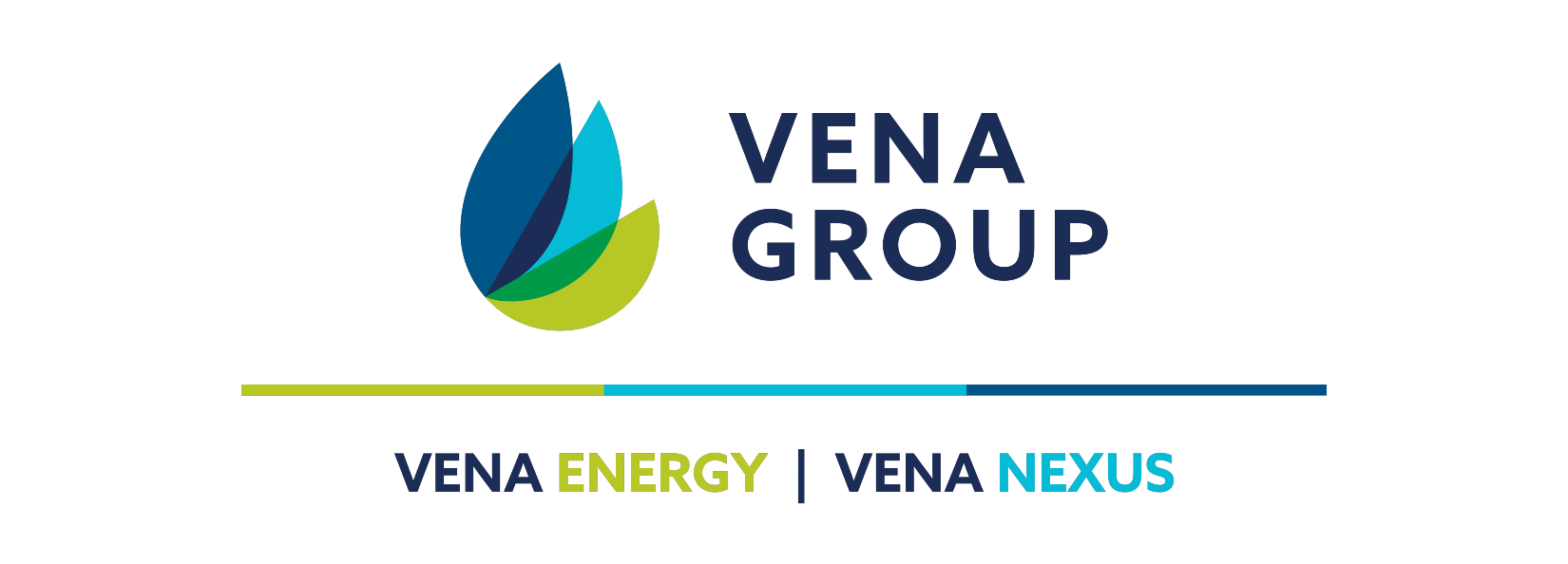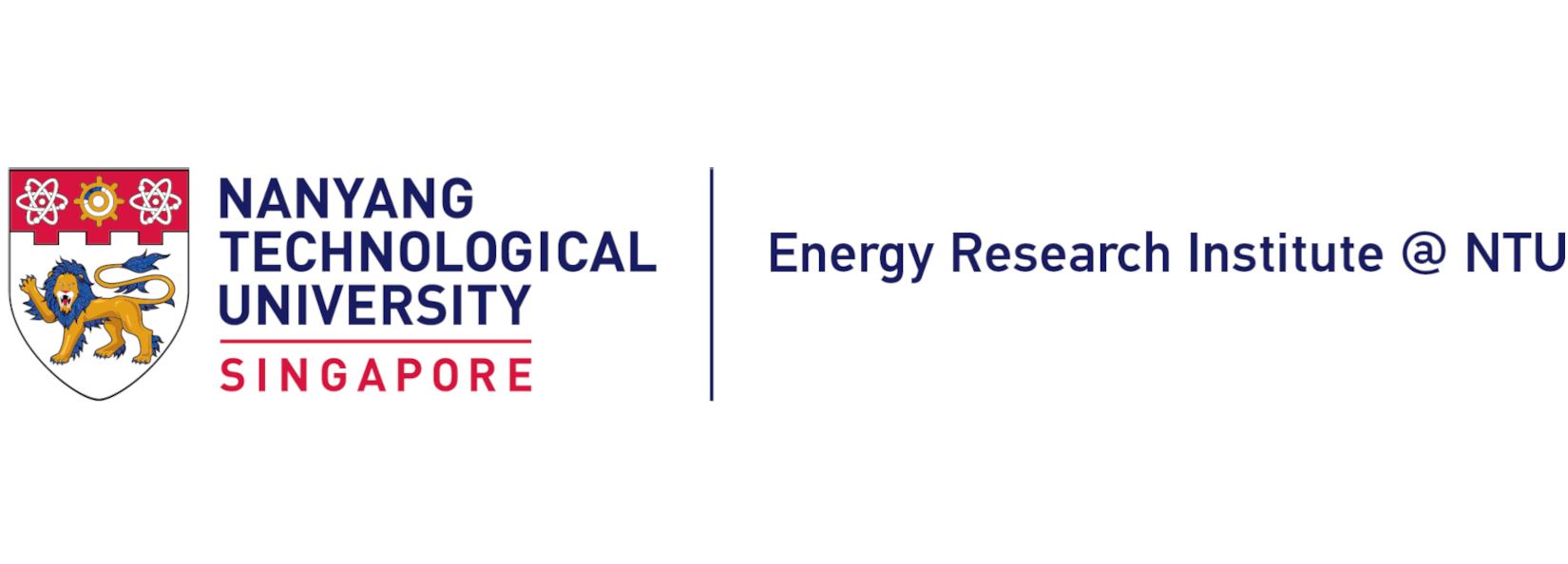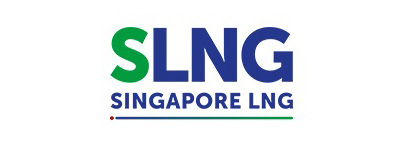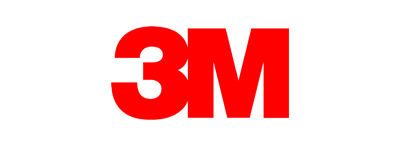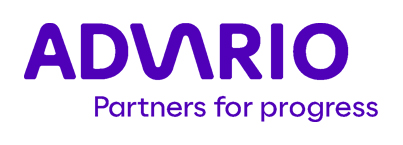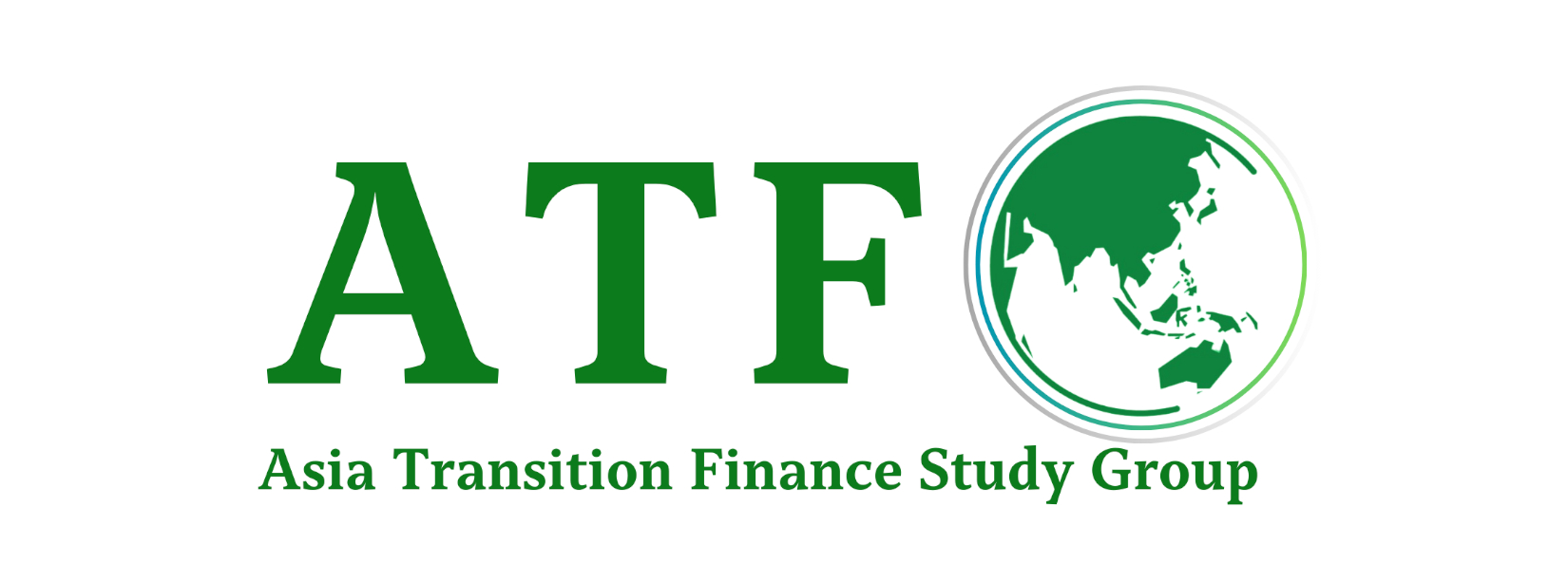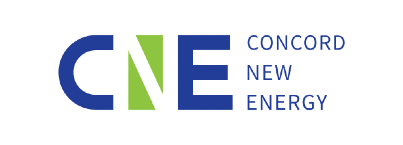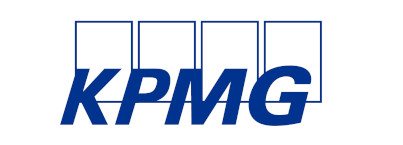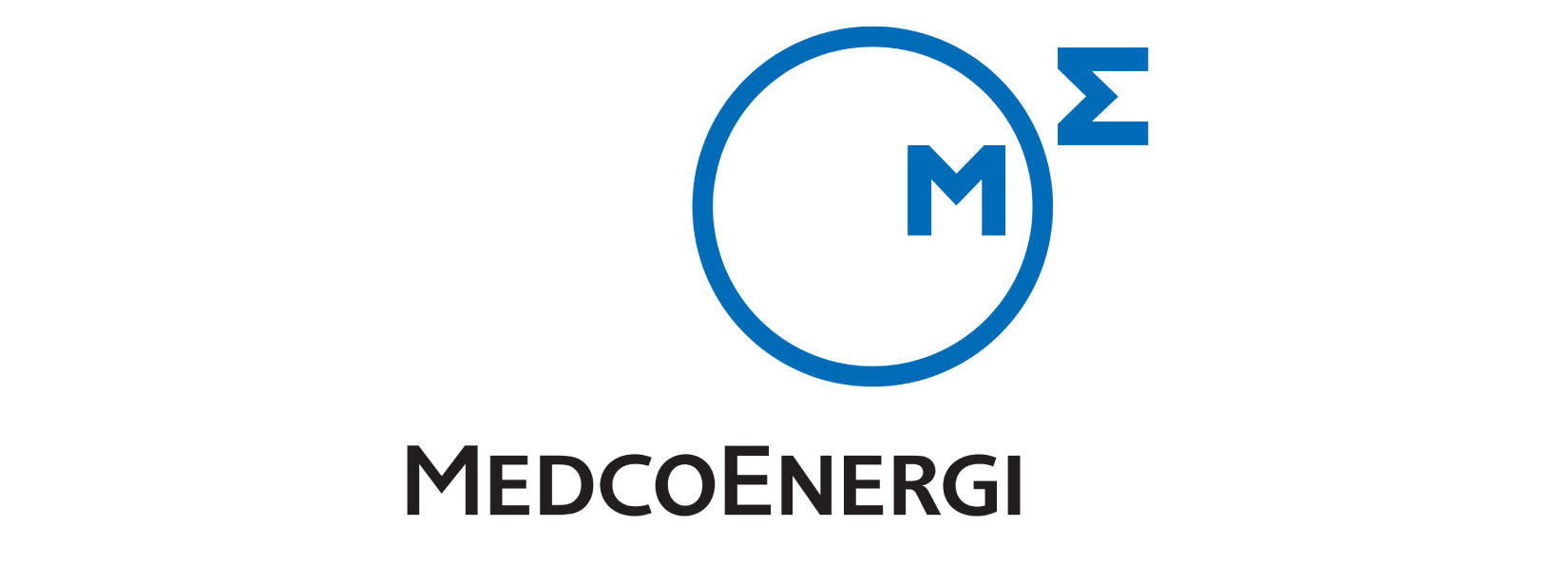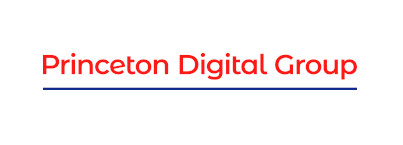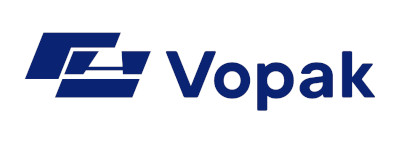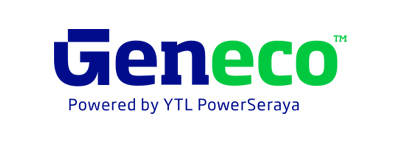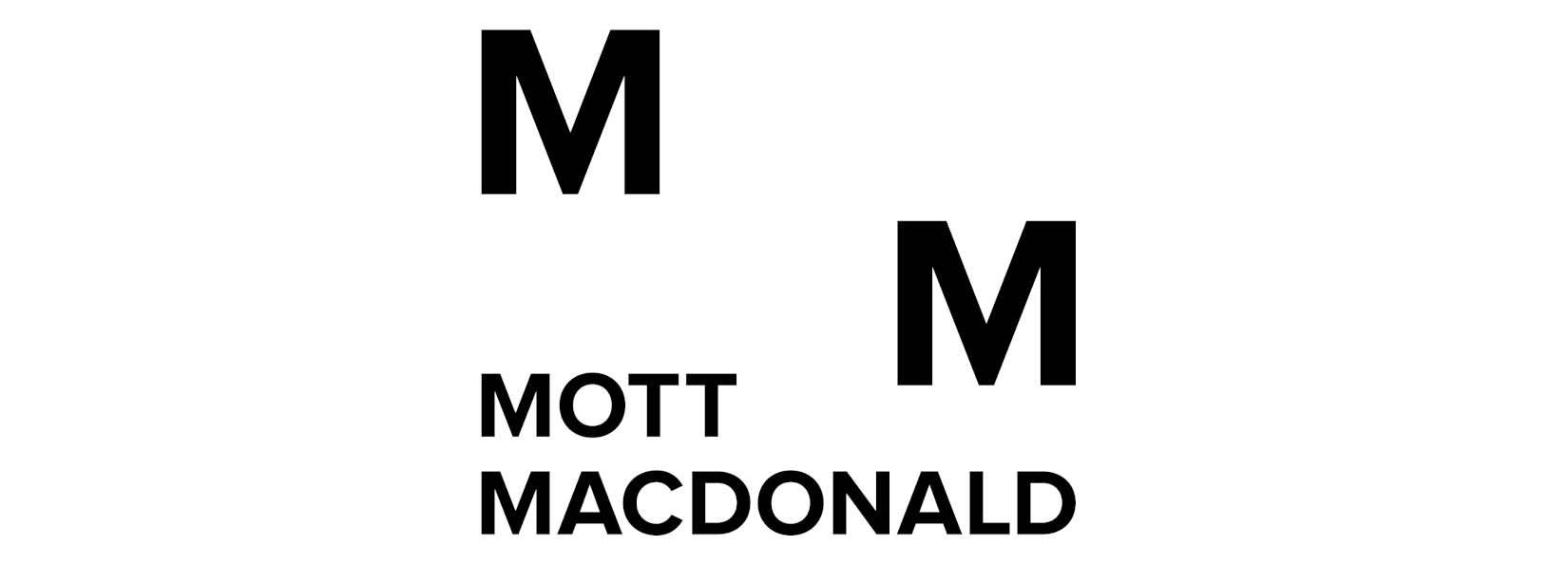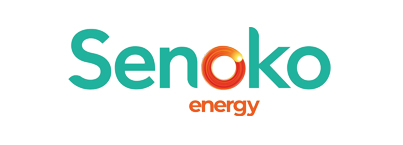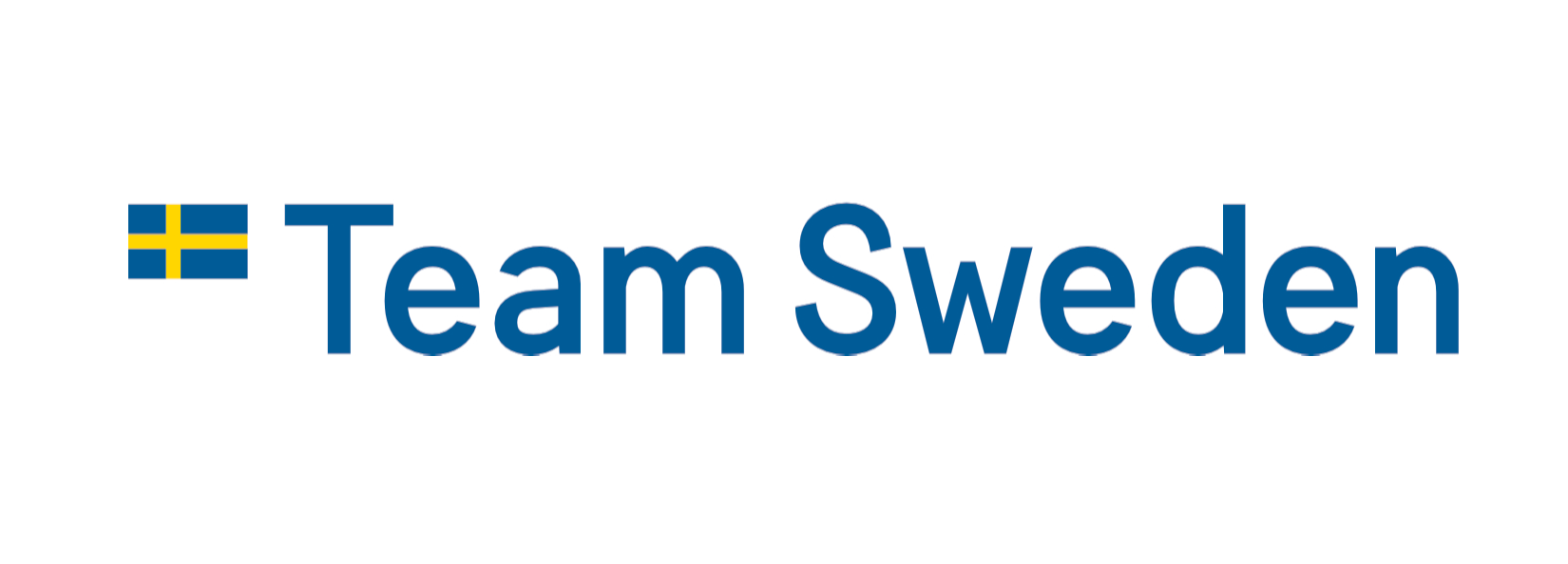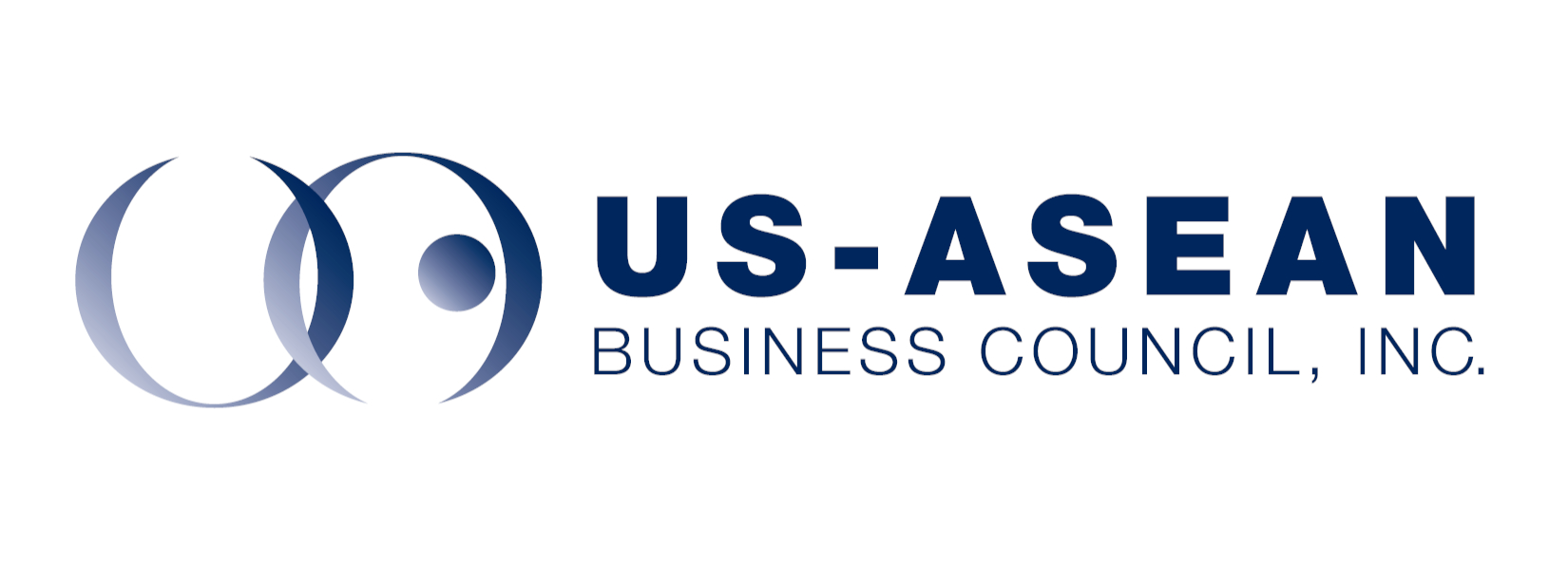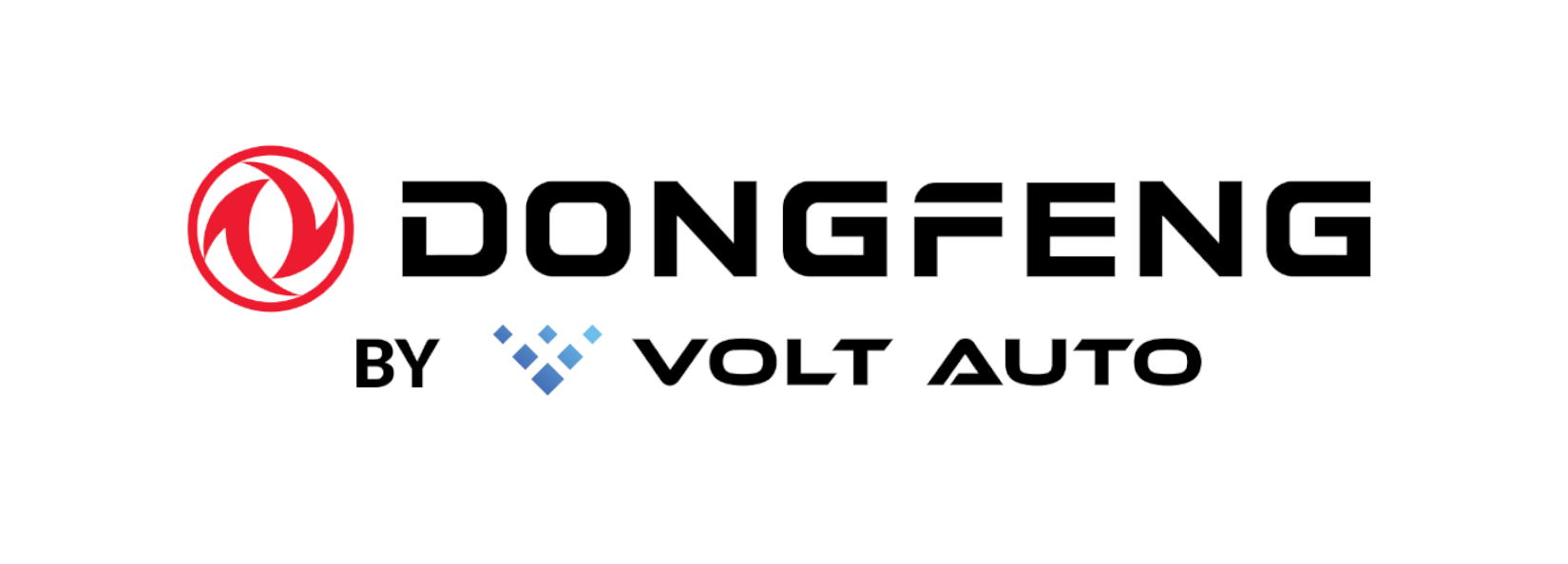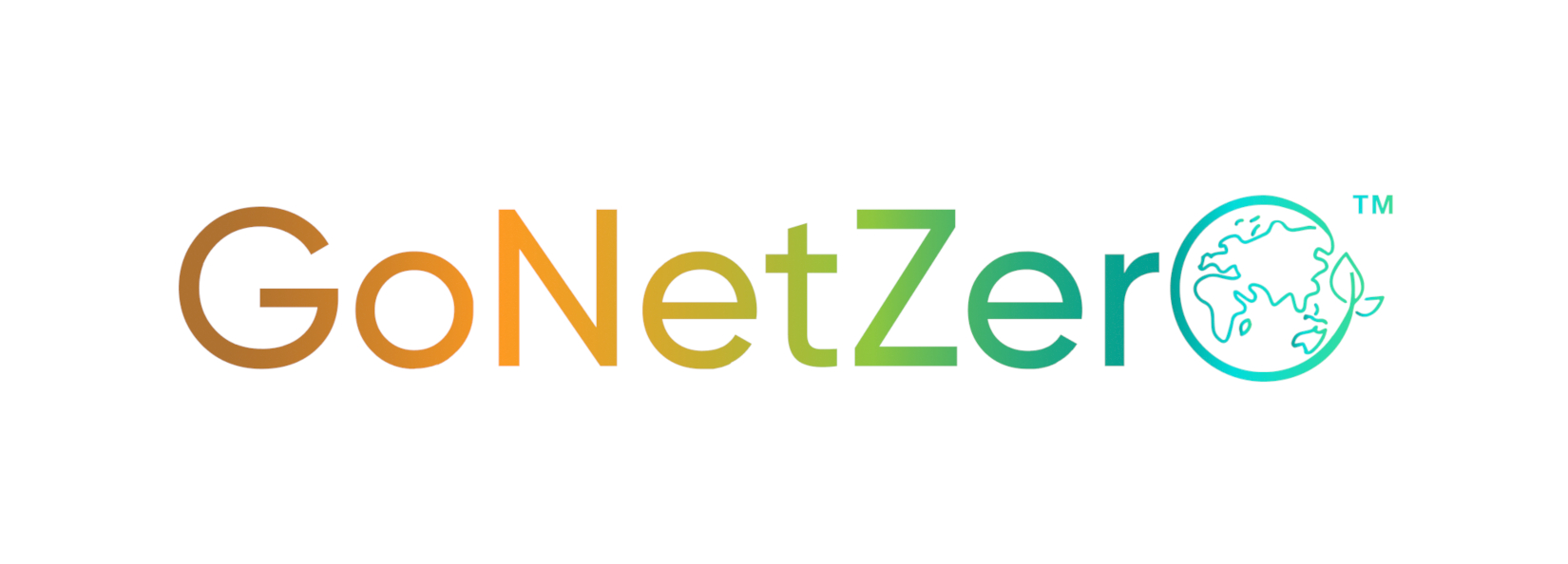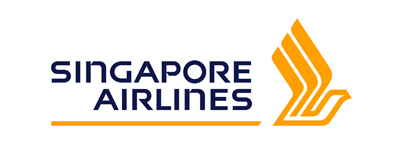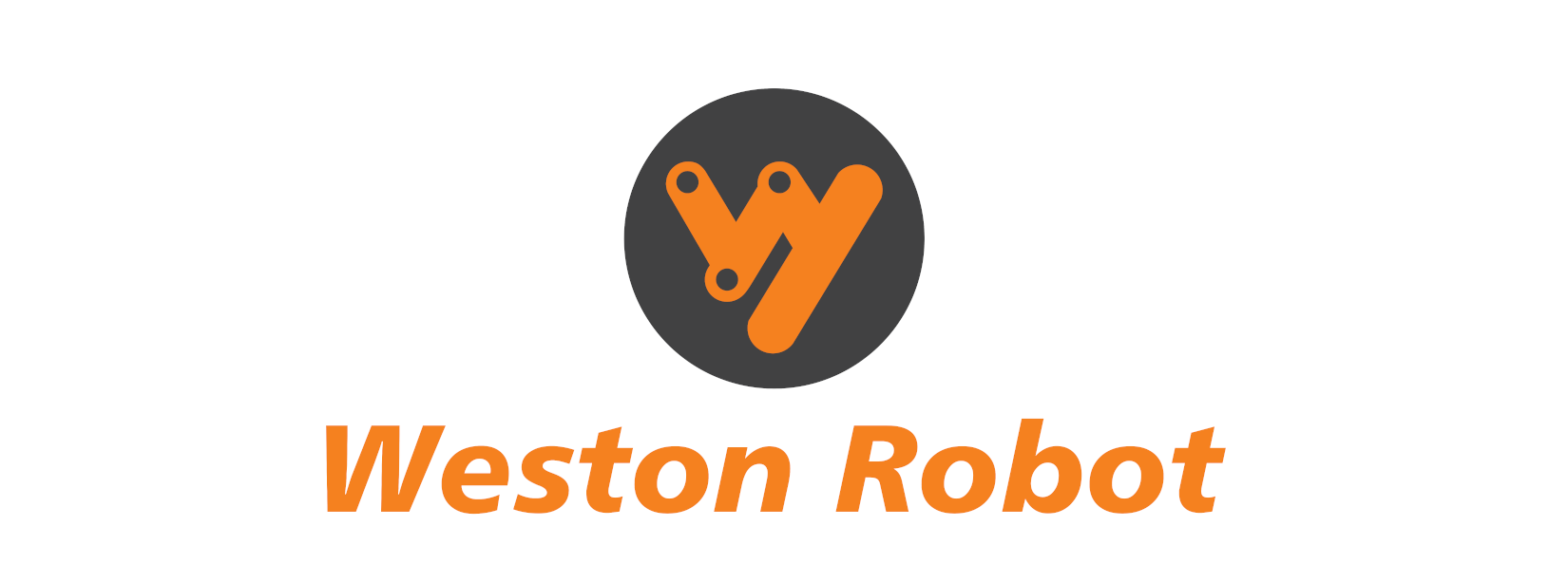The 2nd Global Ministerial Conference on System Integration of Renewables set the stage for engaging discussions on renewables integration. The Ministerial Conference also saw the launch of the IEA's latest report which outlined the challenges and opportunities ahead for electricity security. Xiu Li reports.
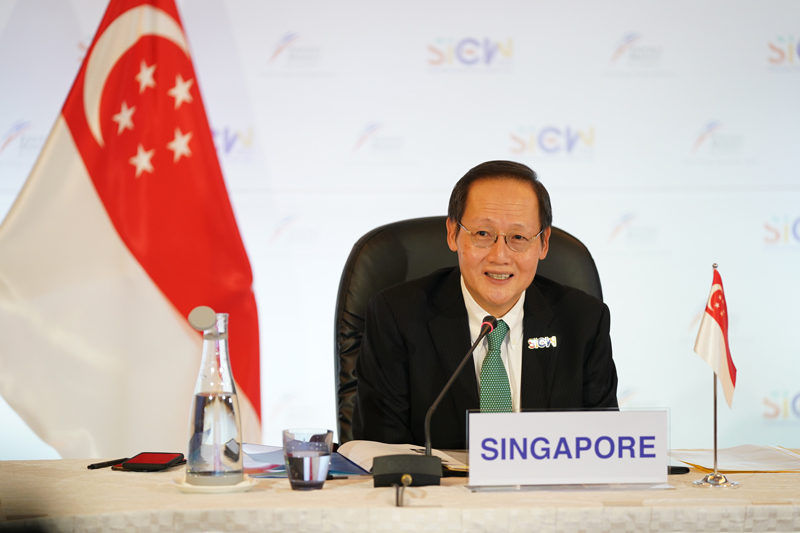
The Energy Market Authority (EMA) of Singapore and the International Energy Agency (IEA) co-hosted the 2nd Global Ministerial Conference on System Integration of Renewables on 27 October during SIEW 2020, under the theme of “Investment, Integration and Resilience: A Secure, Clean Energy Future".
Speaking at the conference, Dr Tan See Leng, Second Minister for Trade and Industry, Singapore, touched on energy sector investments, integration of renewables into the country’s energy mix, and energy resilience.
Dr Tan shared that in 2020, IEA observed the largest decline in energy investments due to the COVID-19 pandemic but also reported that the demand for renewables and clean energy investments remained resilient and is projected to increase.
Meeting energy demands in a reliable and sustainable manner
With rapid economic development and urbanisation, energy consumption in South East Asia is expected to double by 2040. There is a need to explore ways to meet the growing energy demand in a reliable and sustainable manner—by integrating renewables into our energy mix and ensuring electric grid resiliency.
Dr Tan added that the Association of Southeast Asian Nations (ASEAN) has set targets to secure 23% of its primary energy from renewable sources by 2025. One such initiative to achieve this ambitious regional goal is the Lao PDR-Thailand-Malaysia-Singapore Power Integration Project. This initiative would increase the regional shared access to clean energy resources and would be beneficial for countries like Singapore.
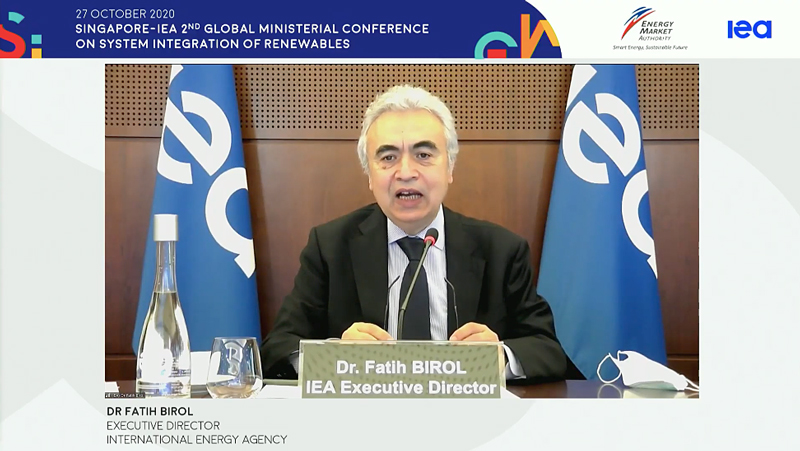
The Conference continued with IEA Executive Director, Dr Fatih Birol, highlighting the importance of energy security in our daily lives as we transition towards a low carbon future.
The three key aspects affecting the security of electricity supply are:
- Increased percentage of intermittent renewables in the energy mix
- Cybersecurity issues
- Extreme weather events or threats
Today, global renewable adoption is increasing rapidly as prices reach grid parity. Over the next 10 years, it is projected that more than 80% of the global electricity demand will be met with renewable sources.
Launch of IEA Electricity Security Report
During the launch of the IEA’s Electricity Security Report, Mr Keisuke Sadamori, Director (Energy Markets and Security) at IEA, emphasised that energy security is of utmost importance for successful clean energy transition. The report covered three core areas to secure the power systems of tomorrow:
- Greater and timely investment in networks and flexible resources
- Better market designs to reward flexibility and capacity when required
- Robust cyber resilience to guard against cyberattacks on the digital systems of the power sectors
Mr Sadamori added that governments will need to develop and implement pragmatic policies and measures to overcome intermittency issues associated with the use of renewables—to balance energy supply and demand and to ensure energy security.
Follow us on Twitter (@SIEW_sg) to get the latest #SIEW2020 updates throughout the day!
